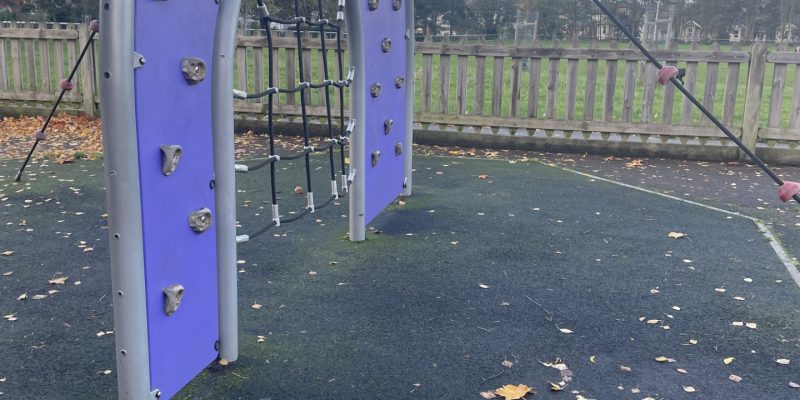Bournemouth school children’s development is still seeing the after effects of Covid, writes Daisy Pearce.
During the coronavirus outbreak, all schools across the UK had to close.
According to the 2021 census, 87% of parents said they had a child who was doing online learning.
This data shows that children had a lot less offline social interaction than before.
A Bournemouth primary school assistant, Michael, who did not want to be identified by his full name, said: “When the primary pupils returned after Covid, we found their social skills were lacking; they were more possessive.”
“They were taking part in more independent play than integrated.”
Michael claimed that a possible cause for this was financial insecurity.
The Social Metrics Commission found that prior to the pandemic, 13.9 million families were in poverty.
Michael said: “Parents were alone in the bubble with less external help and covid was fuel to this fire.”
Many households during the Coronavirus outbreak experienced monetary issues.
Buttle UK is a charity who gives funds to children and young people in need.
Chances for children is their campaign to close the education gap.
The campaign was meant to finish before covid, but the effects made them continue.
Director of Fundraising at Buttle, Richard Barron, said: “We saw a spike in grant applications and demand during covid.”
“Families were suffering financially and we saw this.”
According to research by Gov UK, in 2019 1.5 million children were eligible for Free School Meals.
Marketing and Communications manager at Bournemouth Food Bank, John Saborido, said: “A lot of parents rely on school meals to survive.”
“Lockdown reality was that people were at home with their kids so now they were responsible to provide every meal.”
Mr Saborido joined the charity before the pandemic began and said he saw its use “skyrocket.”
He said: “We had an influx of people that didn’t stop until after covid and even now we see the effects.”
Due to these developmental and economic issues, the Bournemouth school had to create new strategies.
They set up more extracurriculars, catch up groups and in-class interventions.
These are in the hopes of improving their pupils’ development skills post-covid.


 Bikes instead of broomsticks
Bikes instead of broomsticks